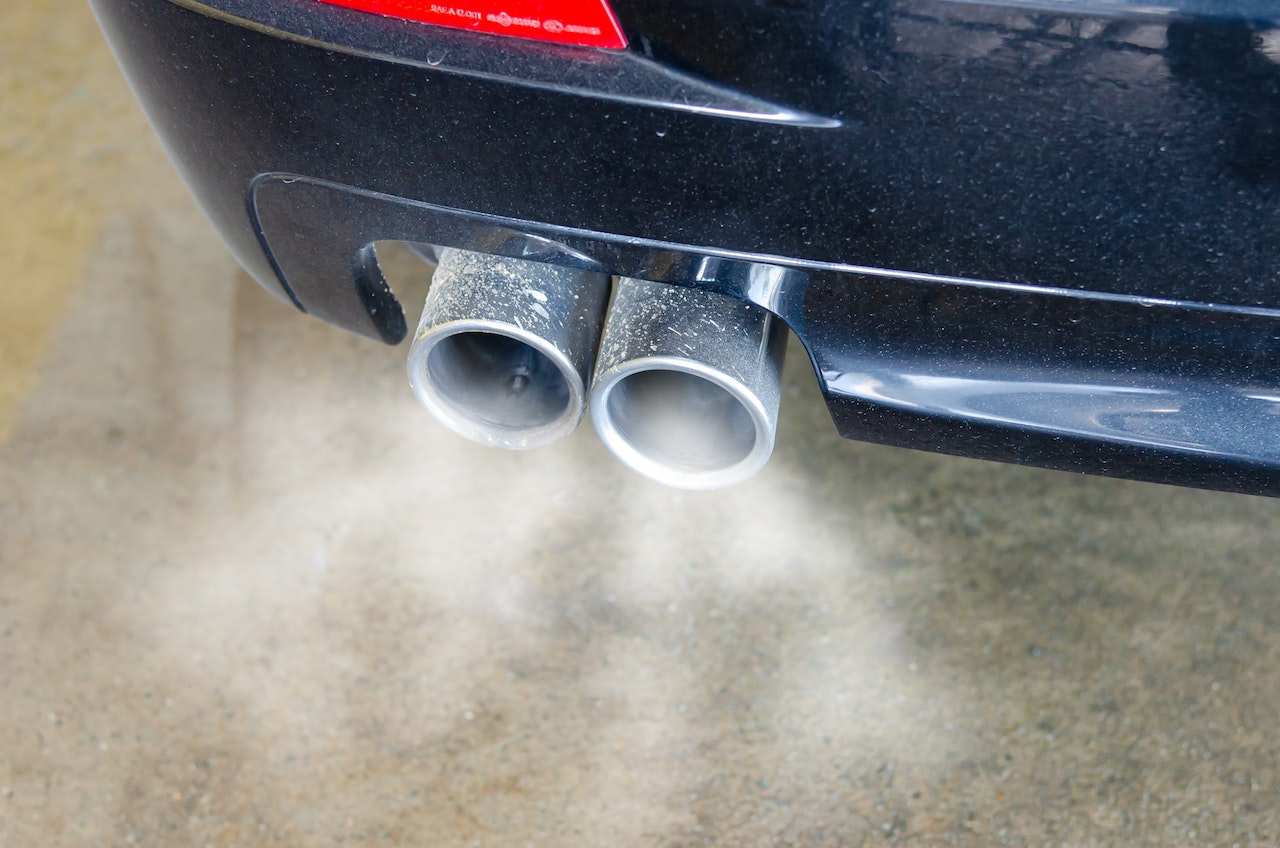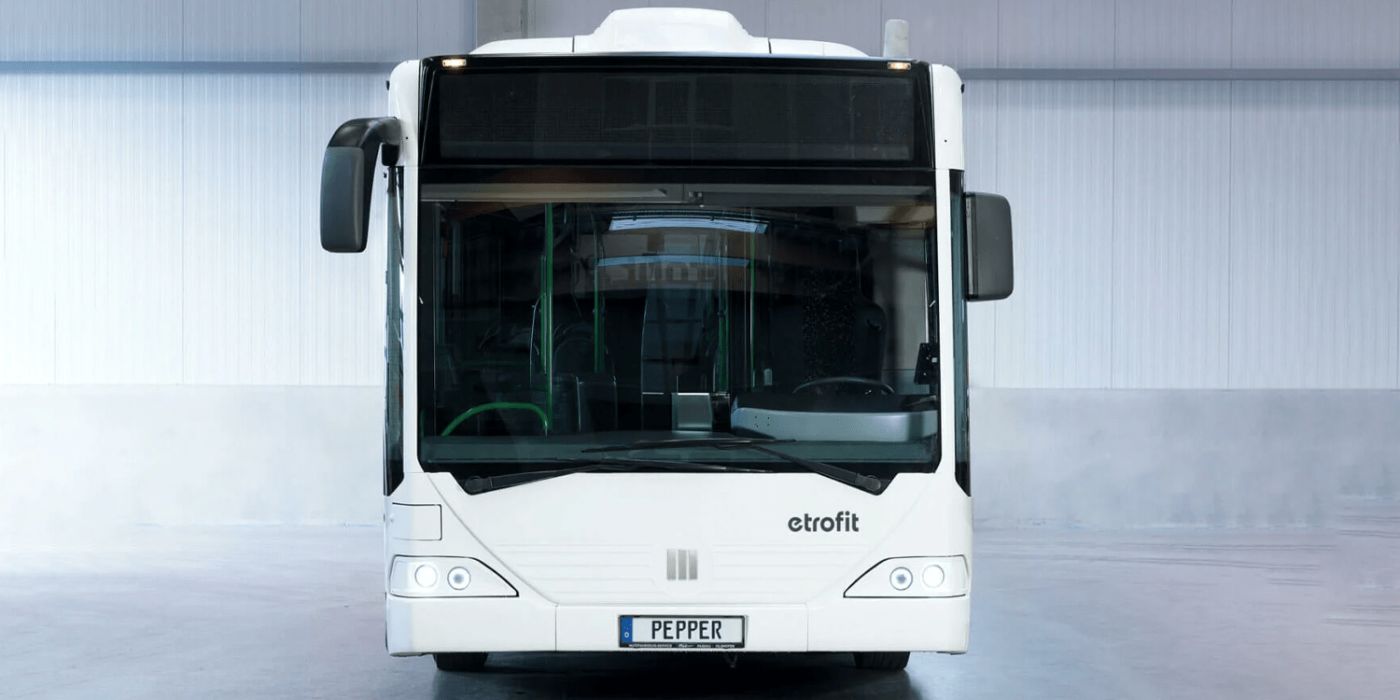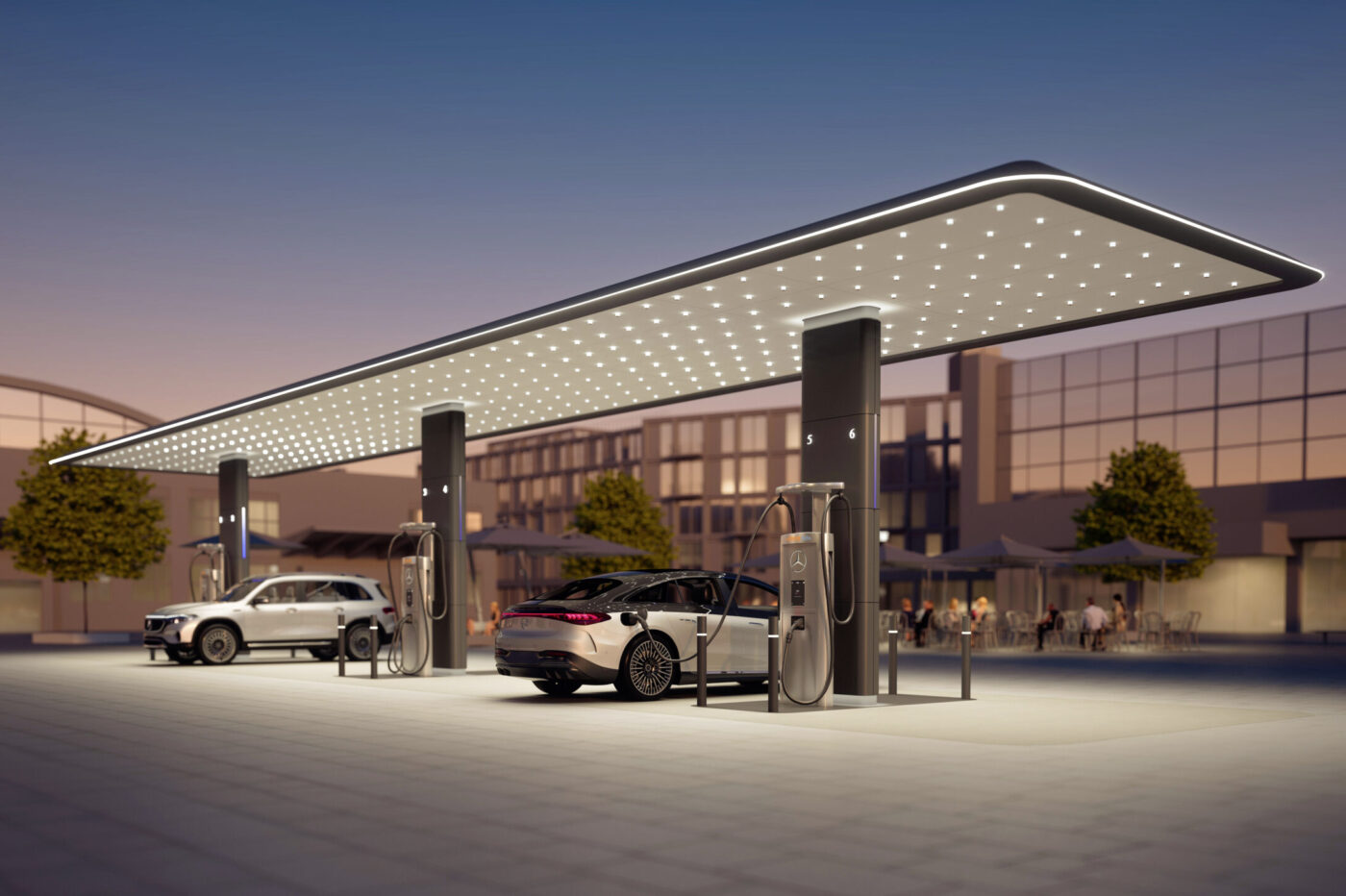New European Union pollution regulations aimed at combustion engine cars and trucks are anticipated to be less stringent than initially envisioned, as lawmakers voted on Thursday to defer and soften certain provisions. The proposed “Euro 7” law by the EU sought to tighten restrictions on pollutants emitted by combustion engine cars, with the European Commission emphasizing the health benefits outweighing associated costs.
However, EU member countries and lawmakers, responsible for finalizing the legislation in the upcoming months, have collectively opted to temper the regulations. The European Parliament endorsed its negotiating stance on Thursday, voting to maintain the Commission’s proposed limits on nitrous oxides (NOx), particulate matter, and carbon monoxide for cars. Notably, NOx limits for trucks were weakened, and the application timeline for the rules was postponed. For cars, the rules will take effect three years after the passage of all secondary legislation linked to the proposal, contrary to the Commission’s initial target of 2025.
Lead lawmaker on the rules, Alexandr Vondra, criticized the Commission’s proposal as “senseless” and indicated significant modifications in a post on the social media platform X.
Green lawmakers expressed disappointment, characterizing the vote as a missed opportunity to address the approximately 70,000 annual premature deaths in Europe attributed to vehicle pollution. Green EU lawmaker Bas Eickhout remarked that the EU is squandering a chance to be a leader in green technology.
Italy’s Industry Minister Adolfo Urso interpreted the vote as a confirmation of a “new political majority” in Europe favoring green policies. He asserted that reason prevailed over ideology.
Despite the EU’s global standing for ambitious climate policies, recent legislative efforts faced resistance. Carmakers and countries such as Italy and the Czech Republic argued against the original Euro 7 rules, citing excessive costs. They advocated for focusing investments on electric vehicles, given the EU’s existing commitment to end sales of new CO2-emitting cars by 2035.







